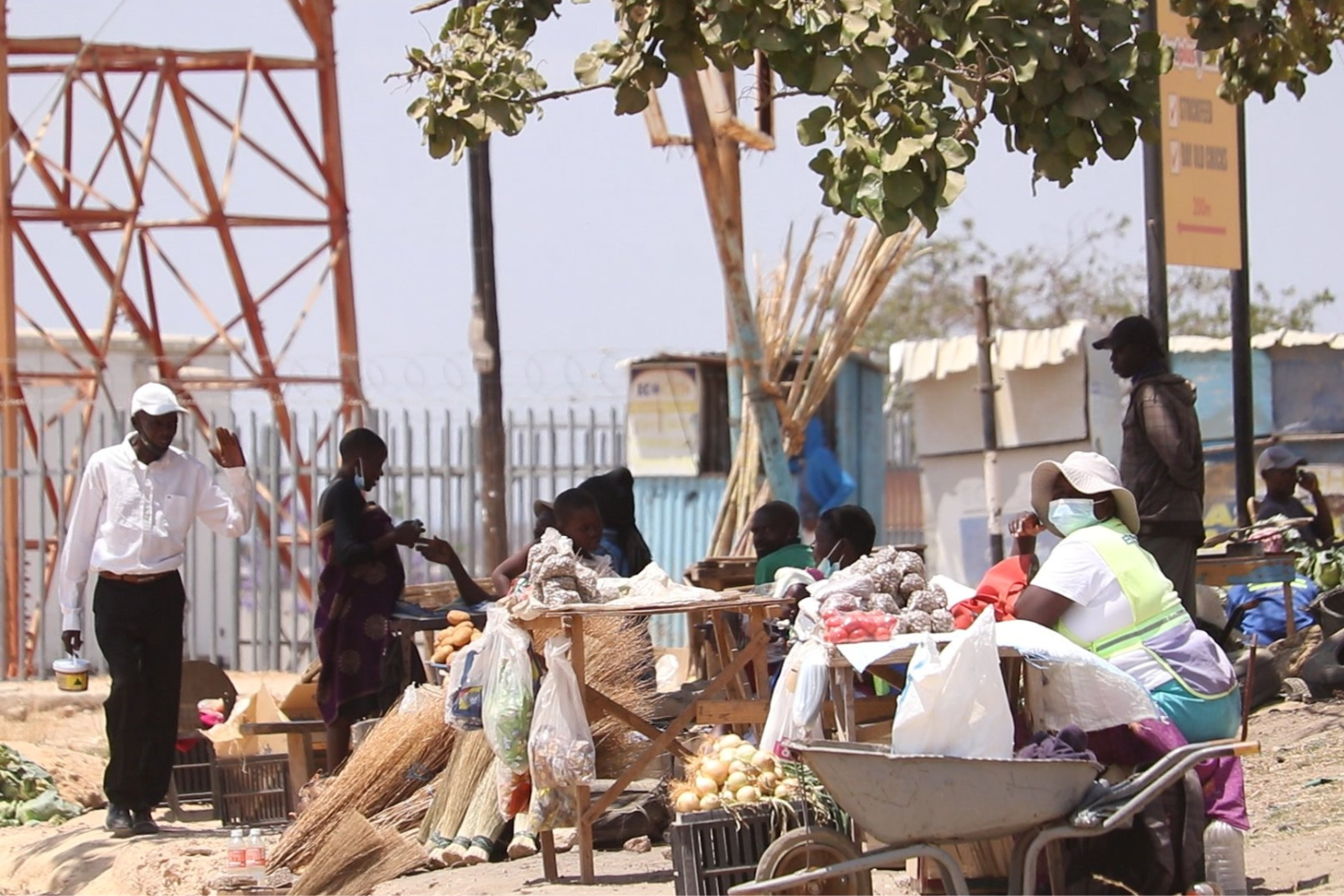NEWS

IN BRIEF
Written by Alois Nyamazana, Accountability Lab Zimbabwe Monitoring, Evaluation, and […]
SHARE
Written by Alois Nyamazana, Accountability Lab Zimbabwe Monitoring, Evaluation, and Learning Manager
“Gender equality is more than a goal in itself. It is a precondition for meeting the challenge of reducing poverty, promoting sustainable development, and building good governance.” – Kofi Annan
On 5 November 2021, the Government of Zimbabwe announced its intentions to change the existing Private Voluntary Organisations (PVO) Act to discourage money laundering and prevent non-state actors from “politicizing charitable giving.” If passed into law in its current form, the Private Voluntary Organizations Amendment Bill, H.B. 10, 2001 will have negative implications on gender development in Zimbabwe.
Zimbabwe has made significant progress toward improving the status of women, and gender justice over the last 42 years by enacting various mechanisms, laws, and treaties. This progress occurred on the strength of effective women’s organizing largely through non-governmental organizations effectively placing gender on the agenda, and whose initiatives, directly and indirectly, promoted gender equality. The PVO Amendment Bill proposes amendments that interfere with the operations of NGOs with long-term consequences that may lead to organizations closing or losing their funding.
Zimbabwe is a state party to several regional and international conventions on gender such as The Beijing Declaration and its Platform for action, the Protocol to the African Charter on Human and Peoples’ Rights on the Rights of Women in Africa (2003) which Zimbabwe ratified in 2007, and the Southern African Development Community Protocol on Gender and Development, ratified by Zimbabwe in 2009. Zimbabwe also subscribes to the Sustainable Development Goals which seek to promote gender equality (Goal number 5). The government of Zimbabwe has collaborated with NGOs to implement provisions of these regional and international conventions. Importantly, this type of constructive engagement between government and NGOs has been critical in yielding positive results.
Read the full article in Kubatana
